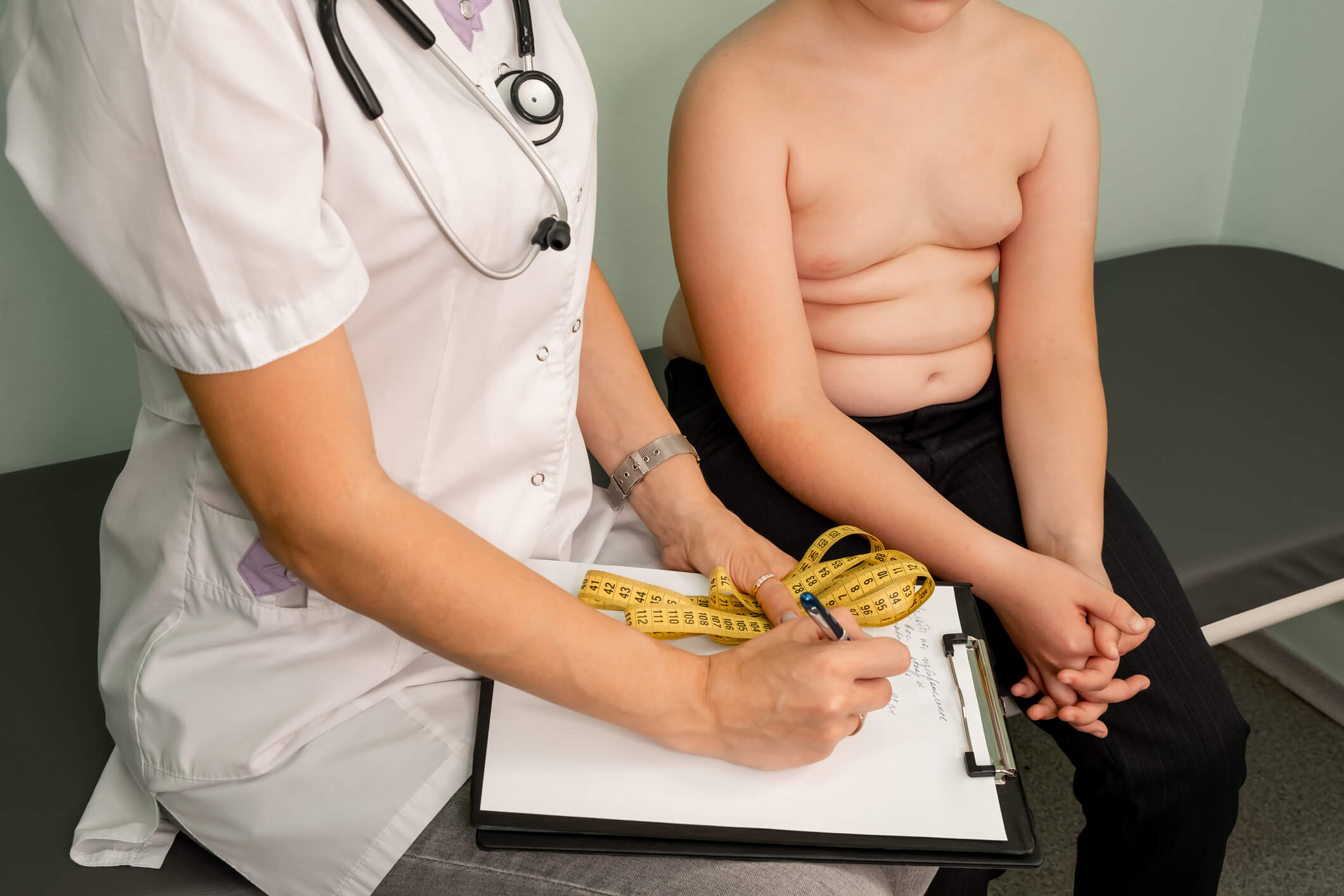
As a parent, you may feel overwhelmed or unsure about how to help your child lose weight, but taking proactive steps is essential for their future well-being.
Addressing childhood obesity is more than a matter of physical appearance; it's about preventing long-term health complications. By learning more about the causes and effects of obesity and taking action through small lifestyle changes, you can make a big difference in your child's life.
What Is Childhood Obesity?
Childhood obesity has become a growing concern for families across the United States. With more than one in five children and adolescents affected, it's clear that this issue extends far beyond individual health—it’s a national epidemic that can have lasting consequences if not addressed early on.
Childhood obesity is defined as having a body mass index (BMI) at or above the 95th percentile for children of the same age and sex. BMI is a common screening tool healthcare professionals use to estimate body fat based on a child’s height and weight. While BMI doesn’t measure body fat directly, it provides a reliable indicator of potential health risks.
Childhood obesity affects some groups more than others. Adolescents, Hispanic and non-Hispanic Black children, and children from families with lower incomes are disproportionately impacted, according to the CDC. Factors such as access to healthy foods, safe areas for physical activity, and education about nutrition can vary widely between communities, contributing to higher rates of obesity among these groups. Recognizing these disparities is the first step in understanding how to address and prevent obesity in children most at risk.
Why Is Childhood Obesity a Serious Concern?
Children with obesity are at a higher risk of developing serious health conditions that were once seen primarily in adults. These include type 2 diabetes, high blood pressure, heart disease, and sleep apnea. Additionally, obesity can lead to joint problems, liver disease, and respiratory issues. Beyond the physical challenges, children with obesity may also experience emotional and psychological effects, including low self-esteem, anxiety, and depression, often as a result of social stigma and bullying.
The economic burden of childhood obesity is another serious concern, affecting both families and the healthcare system. In 2019, the estimated annual medical cost of childhood obesity in the U.S. was a staggering $1.3B. For individual families, the costs can add up quickly, with medical expenses for children with obesity averaging $116 more per year compared to children of healthy weight.
The costs are even higher for children with severe obesity, with an increase of $310 annually per child. These expenses often arise from the need for frequent doctor visits, specialized treatments, and medications, highlighting the financial strain that obesity can place on families over time.
How to Help Your Child Lose Weight
The first step in helping your child achieve a healthier weight is to schedule a visit with their healthcare provider, who can assess your child’s weight and overall health, measure their BMI, and help identify any underlying medical conditions that might be contributing to weight gain.
Promoting healthy eating habits is key to managing your child’s weight. Start by introducing a balanced diet that includes a variety of fruits, vegetables, whole grains, lean proteins, and healthy fats. Be mindful of portion sizes, and limit the intake of sugary snacks, beverages, and highly processed foods, which are often high in calories but low in nutrients.
Regular physical activity is crucial for weight management and overall health. Children need at least 60 minutes of moderate-to-vigorous physical activity each day. Help motivate your child to find activities they enjoy, whether playing outside, biking, dancing, or participating in organized sports.
It’s essential to approach weight loss by focusing on health, not appearance. Promote a positive body image by emphasizing the goal of feeling better and being healthier rather than focusing on numbers on a scale. Encourage your child to set small, achievable goals and celebrate their successes along the way.
Visit an AFC Bronx NY for a Physical Exam
At AFC, our urgent care clinic staff understands how important it is to keep track of your child’s health, especially when addressing concerns like obesity. One of the best ways to ensure your child is on the right path is by scheduling regular physical exams. These exams offer a comprehensive review of your child’s health, allowing healthcare providers to monitor growth, check vital signs, and assess BMI.
Contact AFC Bronx NY now to book your visit, or walk into your nearest clinic and start your journey toward a healthier future for your family!


